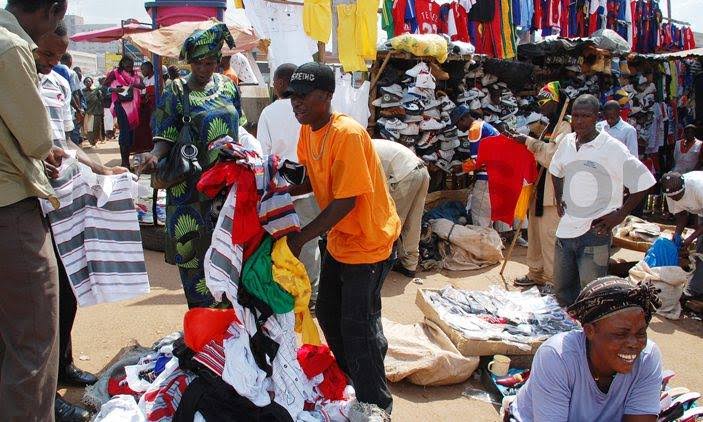In recent years, a notable trend has emerged among university graduates: a significant number are turning to the sale of mitumba, or second-hand clothes. This shift can be attributed to a combination of economic factors, lifestyle preferences, and social dynamics.
One of the primary reasons for this trend is the challenging job market many graduates face today. After years of investment in education, including tuition fees and accommodation costs, many find themselves struggling to secure employment in their chosen fields. The reality of mounting student debt and high living costs has prompted graduates to seek alternative sources of income. Selling mitumba offers a viable and often lucrative option, allowing individuals to generate revenue while capitalizing on the growing demand for affordable fashion.
Moreover, the trend toward sustainability and ethical consumerism has made second-hand clothing increasingly appealing. Many graduates are motivated by the desire to promote eco-friendly shopping habits. By engaging in the mitumba business, they contribute to reducing textile waste, which aligns with a broader cultural push towards sustainable practices.
Additionally, the rise of social media platforms has transformed how fashion is marketed and sold. Graduates are utilizing these tools to reach potential customers directly, showcasing their inventory and connecting with a wider audience. This entrepreneurial spirit not only provides them with financial independence but also fosters creativity and innovation.
Furthermore, the community aspects of selling mitumba cannot be overlooked. Many graduates are involving themselves in local markets and events, fostering connections and networks that extend beyond mere transactions. This sense of community can lead to new opportunities, collaborations, and a greater sense of belonging.
A university degree used to mean opportunity — today, it simply means debt and disappointment. Mitumba stalls have become the new offices. It's not what they dreamed of, but it's what puts food on the table. And in this economy, that’s more than most can say.








Reader Responses (0)